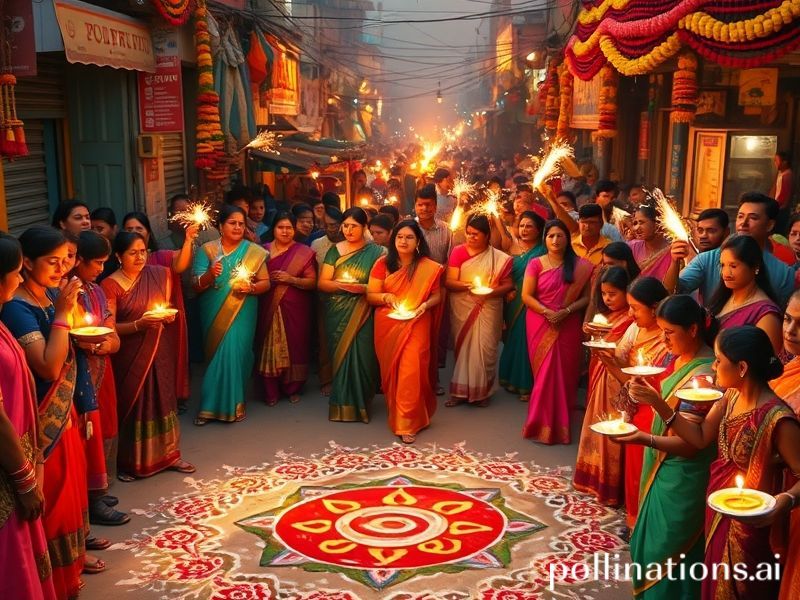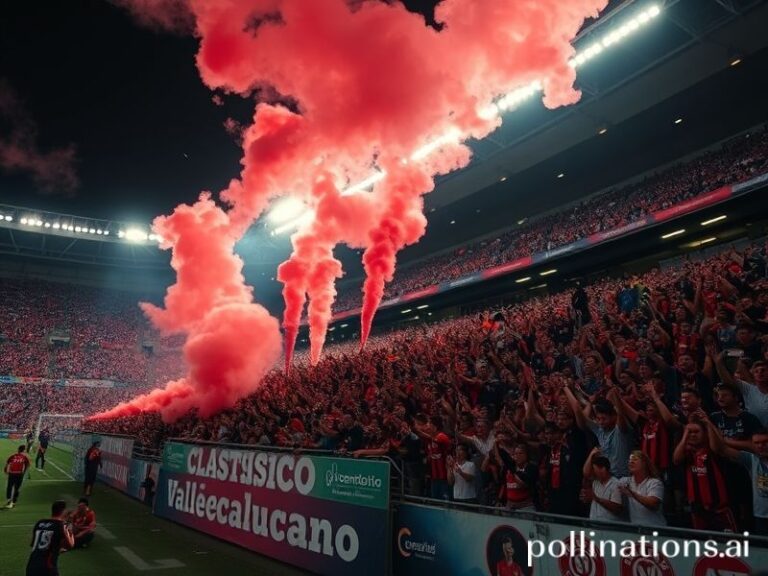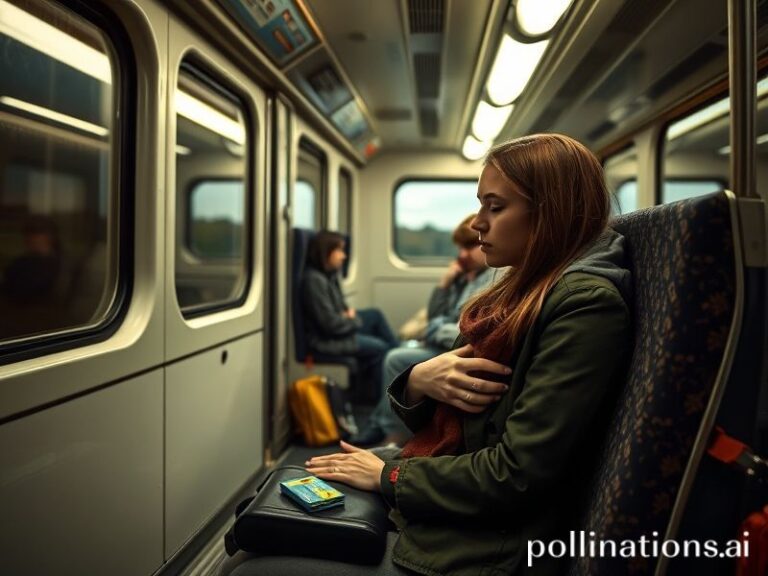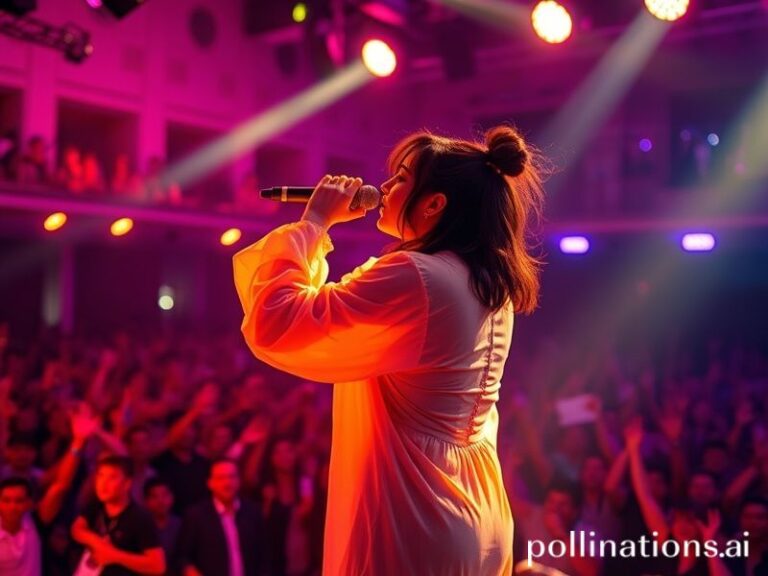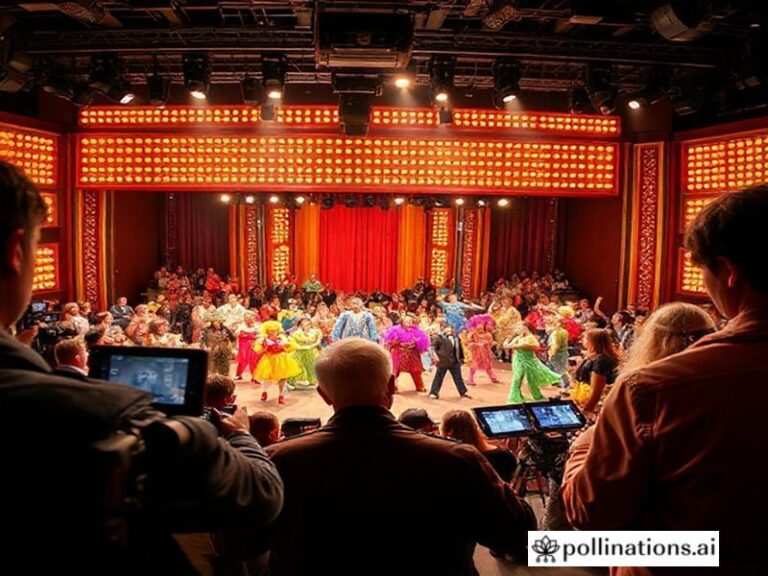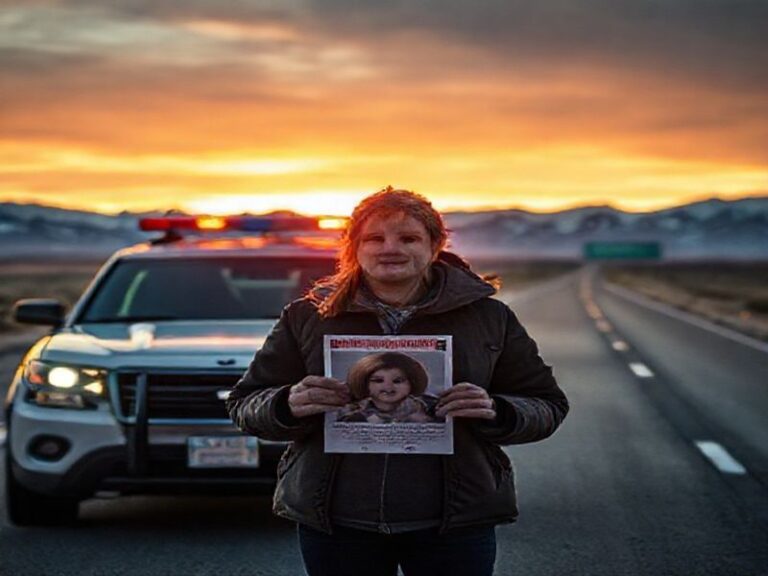Diwali: The Festival of Lights That’s Illuminating the World, One Trend at a Time
**Diwali: The Festival of Lights That’s Taking Over the World, One Diyas at a Time**
Alright, folks, gather ’round. We’re about to dive into the vibrant, luminous world of Diwali, the festival that’s shining brighter than a Kim Kardashian selfie on Instagram. You might have noticed #Diwali trending globally, and no, it’s not just because everyone’s suddenly obsessed with Indian sweets (although, let’s be real, who wouldn’t be?). So, who celebrates Diwali, and why is it becoming the hottest global party?
**The Lowdown on Diwali**
First things first, Diwali, or Deepavali, is the Hindu festival of lights, symbolizing the spiritual victory of light over darkness, good over evil, and knowledge over ignorance. It’s like the ultimate glow-up, but for the soul. The festival is celebrated over five days, with the main day falling on the darkest night of the Hindu lunar month Kartik. People light up their homes with diyas (oil lamps), burst fireworks, exchange gifts, and indulge in some seriously delicious food.
But who’s celebrating this luminous extravaganza? Primarily, Hindus, Jains, Sikhs, and some Buddhists. It’s a major festival in India, Nepal, Sri Lanka, Malaysia, and other countries with significant Hindu, Jain, or Sikh populations. But here’s the kicker—Diwali is breaking cultural boundaries and becoming a global phenomenon.
**Why Diwali is Trending Globally**
1. **The Power of Pop Culture**: Thanks to the global reach of Bollywood, Indian TV shows, and social media influencers, Diwali has become a cultural hotspot. Ever seen those stunning Diwali outfits on Instagram? Or those mouth-watering Diwali recipes on TikTok? It’s like a virtual Diwali party, and everyone’s invited.
2. **The Festival of Lights Goes Mainstream**: Major cities worldwide now host Diwali celebrations, from London’s Trafalgar Square to Sydney’s Darling Harbour. Even the White House has embraced the festival, lighting it up in honor of Diwali. It’s like the ultimate flex, showing that Diwali is not just a cultural event but a global one.
3. **The Spirit of Inclusivity**: Diwali is all about unity, love, and togetherness. In a world that’s often divided, Diwali offers a beacon of hope and inclusivity. It’s a time when people come together, regardless of their background, to celebrate the victory of light over darkness. And who doesn’t want a piece of that positivity?
4. **The Food, Oh, the Food!**: Let’s be real, one of the biggest draws of any cultural festival is the food. Diwali is no exception. From samosas to sweets like gulab jamun and jalebi, the festival is a foodie’s dream. And with the rise of food blogs and cooking shows, Diwali recipes are becoming a global sensation.
**The Social Impact**
Diwali’s global trend is more than just a cultural phenomenon. It’s a testament to the power of diversity and inclusivity. By embracing Diwali, the world is celebrating its multicultural fabric, fostering understanding, and promoting unity. It’s a reminder that, despite our differences, we all share a common desire for light, love, and happiness.
Moreover, Diwali’s global trend has significant economic implications. From tourism to retail, the festival is boosting businesses worldwide. It’s a win-win situation—people get to celebrate, and businesses get a boost. It’s like the ultimate feel-good story.
**Conclusion**
So, who celebrates Diwali? The answer is simple—everyone who embraces the spirit of light, love, and togetherness. Diwali is more than just a festival; it’s a global movement, a celebration of diversity, and a beacon of hope. And as it continues to trend globally, it’s a reminder that, in a world that’s often divided, we can always find common ground in the light.
Now, who’s ready to light up their homes and celebrate Diwali? Remember, it’s not just about the diyas and the fireworks—it’s about the spirit of unity and love. And that’s something we can all celebrate.

